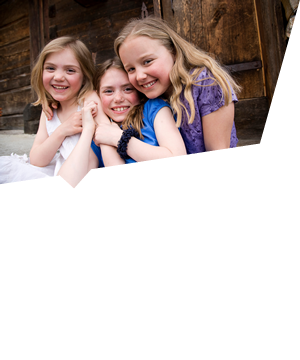Comprehensive 30/w
2016-07-15
Do you want to make the most of your time in China? The Comprehensive 30 intensive course will allow you to focus on real-life Chinese conversational skills and the reading and writing of Chinese characters.
Small group classes sharing your level will give you friendly competition, while allowing you to get full attention from the teachers.
With 6 lessons every day, you will get the most complete Chinese training to fully prepare you for your academic or professional career.
Register now for a great opportunity to make international friends, learn with other like-minded people and greatly improve your Chinese
Course Benefits
16 group lessons a day from Monday to Friday
230 language lessons a week
3Learn listening, speaking, reading and writing
4Small classes, maximum 10 students and minimum 3 students
545 minutes per lesson
6Minimum age 16 years old
7International student mix
8Flexible intake and start dates

Business Communication in China
Experiencing Chinese(60~80 class hours) is designed to complete ab...
Details ›
Reading Newspaper and Learning Chinese
Reading Newspaper and Learning Chinese is designed for foreigners ...
Details ›



INTRODUCTION OF THE CHINESE CULTURE
Our cultural program is specially designed for those who have grea...
Details ›
Intermediate course (Accelerate Ⅰ Ⅱ)
This textbook is designed mainly for training ability of verbal ex...
Details ›
Advanced Course (Advanced Ⅰ Ⅱ Ⅲ )
This course is designed for the foreign beginners who dont have an...
Details ›
Class Content Our Daily Chinese for beginners course is divided in...
Details ›
Our Smile Chinese for Teens course includes topics such as greetin...
Details ›
Class Content Our Daily Chinese course for advanced level learners...
Details ›
Class Content Our advanced Business Chinese course focuses towards...
Details ›
This course is designed for the foreign beginners who don’t have any foundation of Chinese. In order to avoid foreign students’

Our Daily Chinese course follows the ACTFL, CEFR and HSK reference level standards and is divided into three phases with 9 levels

Our Business Chinese courses have been specifically developed for foreign business people who are looking to develop and improve

Our Smile Chinese for Young Learners curriculum has been specifically designed for learners aged 3 - 9 years.

This course has been specifically designed for learners with zero-based learning and conducts a comprehensive overview of consonants,

Characters are an essential part of Chinese culture and by learning them you get a deeper understanding of the language and in the long

Our Chinese for Tourism course is specifically designed for students intending to travel to China or improve their Chinese for all aspects of

China's Hanyu Shuiping Kaoshi (HSK) is the standardized national test used to determine the fluency of non-native speakers in Chinese and is

This is the only official test for non-native speakers’ Business Chinese level, and it was developed by Peking University at the request of